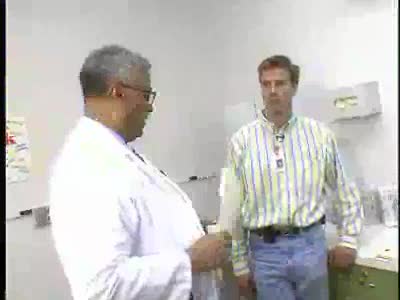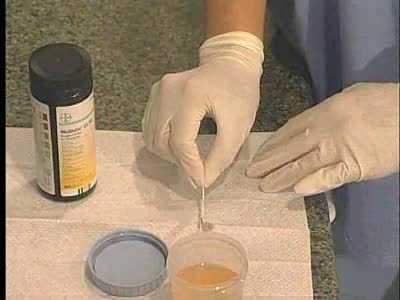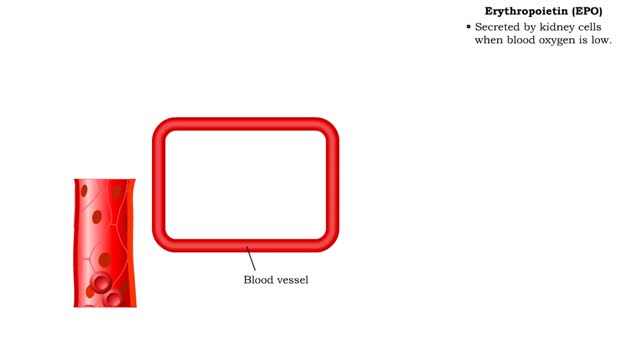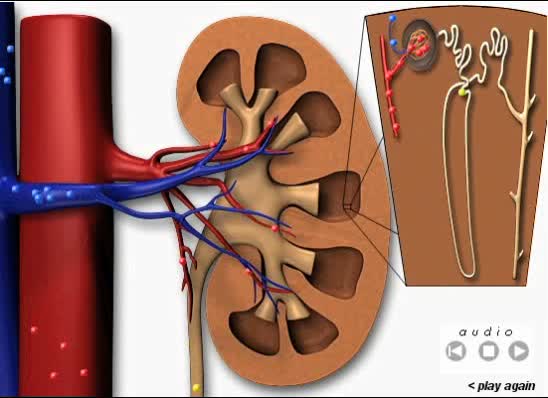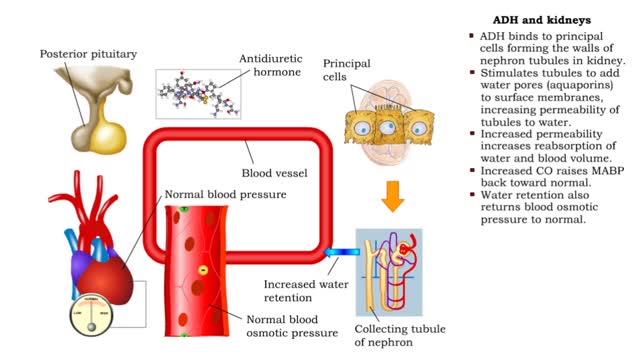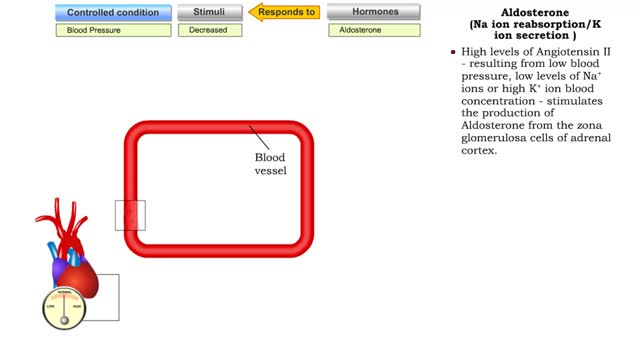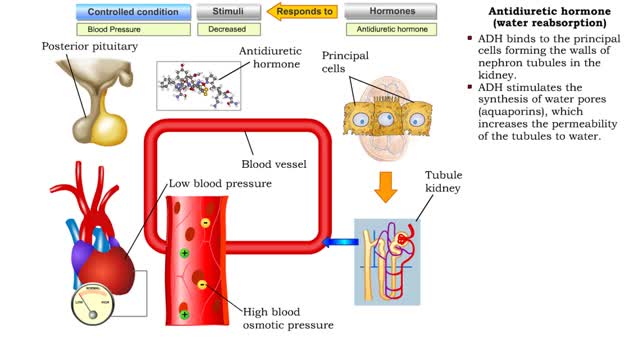Search Results
Results for: 'kidney cells'
By: Administrator, Views: 14628
Chronic kidney disease (CKD) is the presence of kidney damage, or a decreased level of kidney function, for a period of three months or more. Kidney disease can range from mild to severe and in some cases, lead to kidney failure.
By: Administrator, Views: 14511
Kidney stones (renal lithiasis, nephrolithiasis) are hard deposits made of minerals and salts that form inside your kidneys. Kidney stones have many causes and can affect any part of your urinary tract — from your kidneys to your bladder. Often, stones form when the urine becomes concentrate...
By: HWC, Views: 11224
■ Secreted by kidney cells when blood oxygen is low. ■ Targets cells in red bone marrow that will become red blood cells. ■ Promotes increased numbers of mature red blood cells. ■ More mature red blood cells carry more oxygen so blood oxygen level is restored to normal.
By: Administrator, Views: 14993
A urinalysis is a test of your urine. A urinalysis is used to detect and manage a wide range of disorders, such as urinary tract infections, kidney disease and diabetes. A urinalysis involves checking the appearance, concentration and content of urine. Abnormal urinalysis results may point to ...
Red Blood Cells - Erythropoietin (EPO)
By: HWC, Views: 11606
• The endocrine system maintains many body conditions within normal limits with feedback loops. Each endocrine feedback loop maintains homeostasis using the following components: • Stimulus - a change in a body condition. • Production cell - an endocrine cell that produces a hormone aft...
Blood Flow Through the Kidneys
By: Administrator, Views: 14396
Purplish-brown, bean-shaped organs located behind abdominal cavity (retroperitoneal area) on either side of spine, between thoracic vertebrae and lumbar region.
ADH and the arterioles, kidneys, sweat glands and the Atrial natriuretic peptide (ANP)
By: HWC, Views: 11795
• ADH is also known as vasopressin. • Produced by hypothalmus and secreted by neurosecretory cells in posterior pituitary gland. • Responds to high blood osmotic pressure representing low amounts of water in the blood. • Binds to smooth muscle cells in walls of arterioles, stimulate...
Atrial natriuretic peptide (vasodilation) & Aldosterone
By: HWC, Views: 11459
• Certain situations will cause the body's stress level to rise. • increased blood pressure will stretch the atria of the heart, stimulating the secretion of atria natriuretic peptide (MP). • ANP causes muscle cells in blood vessels to relax. • Blood pressure is lowered as a result ...
Antidiuretic hormone (vasoconstriction, water reabsorption & sweat inhibition)
By: HWC, Views: 11517
• Dehydration, blood loss, and low amounts of water in the blood can cause blood volume and pressure to decrease. • Neurosecretoxy cells in the posterior pituitary release antidiuretic hormone(ADH). • ADH binds to smooth muscle cells in blood vessel walls, stimulating them to vasoconstr...
Advertisement




